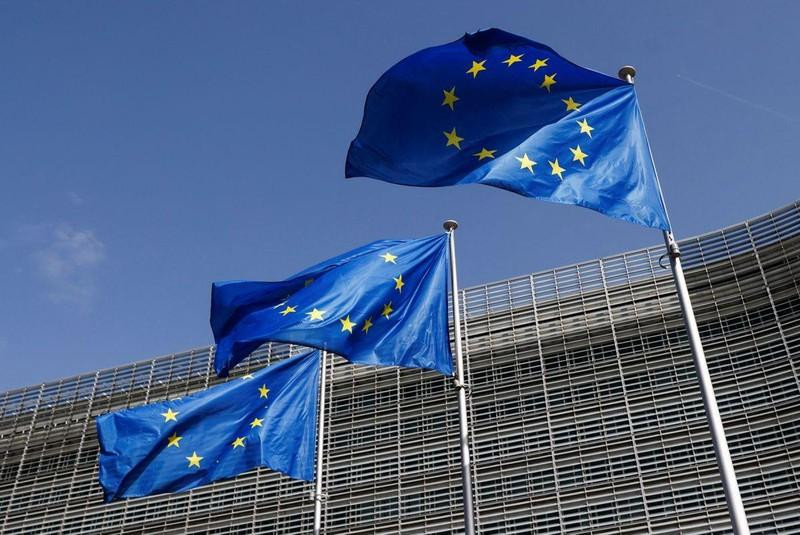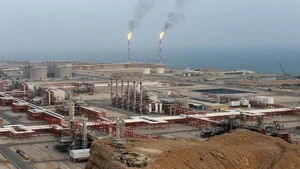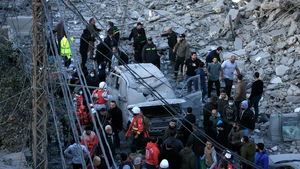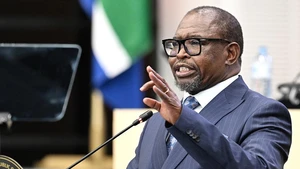The Czech Republic, which holds the rotating EU presidency, said that in the upcoming meeting, the EU’s interior ministers will try to resolve the current tense situation on all migration routes. Meanwhile, according to European Commission (EC) Vice President Margaritis Schinas, this conference needs to solve the problem of allowing migrants from ships operated by non-governmental organisations to disembark.
Although it is a persistent problem in the EU, in 2022, the migration problem has been overshadowed by a series of other major challenges, such as soaring inflation, precarious living standards leading to social unrest, and energy scarcity. The issue of migration only received attention again, when it became the cause of recent fierce controversies among member countries.
For a long time, Italy - one of the first destinations in Europe in the journey of illegal migrants from Africa and the Middle East - has always been under heavy pressure. According to the Italian Interior Ministry, since the beginning of 2022, more than 87,000 people have illegally crossed the border into this country's territory. To ease the pressures of a “frontier” country, the Italian government has implemented a stronger migration policy.
Specifically, Italy does not allow rescue ships of NGOs to enter the territorial sea, and only supports the reception of migrants for humanitarian purposes such as children, pregnant women, etc. Recently, the Ocean Viking ship carrying about 230 rescued migrants had to dock at the French port of Toulon after being rejected by Italy. France strongly opposed this decision of Italy, saying that Rome's policy seemed to go against calls for solidarity on migration.
In the first 10 months of 2022, up to 275,500 people illegally crossed the border into the EU, up 73% over the same period in 2021 and marking a record high since 2016. According to Belgian Prime Minister Alexander De Croo, a migration crisis is happening in EU countries, but this issue has received little attention because there are two or three other crises surrounding the bloc.
Italy and Greece repeatedly urged European countries to increase support to deal with migration issues. Italian Foreign Minister Antonio Tajani admitted that, although Italy and Greece always uphold the spirit of solidarity with migrants in difficult circumstances, they are not qualified to support accommodation for all these people, thereby calling on the EU to improve its existing rules on migration.
The United Nations High Commissioner for Refugees (UNHCR) said that 89.3 million people worldwide had been displaced due to violence, conflict, poverty, etc., by the end of 2021, doubling in a decade. This is certainly not a small pressure on Europe, the promised land of migrants.
The current wave of illegal migration into Europe is reminiscent of the terrible migration crisis that took place seven years ago, with lines of people willing to bet their lives to cross the sea. In the current context when Europe is still reeling from a series of other urgent challenges, the EU’s upcoming urgent meeting, with a focus on solving the persistent problem of migration is a welcome step, opening the opportunity to solve problems arising within the bloc.
















